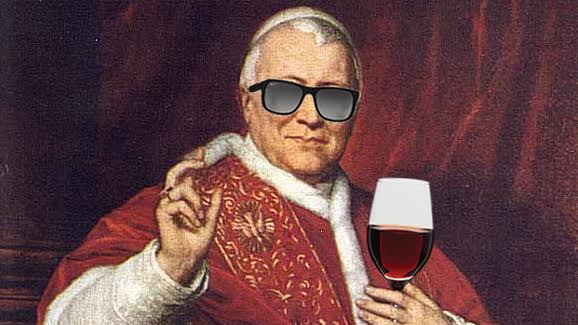The world is going to hell.
This unfortunate development most certainly began with the Enlightenment (or was it Duns Scotus?) and it is entirely the fault of John Locke and his nasty gang of philosophy boys.
Thus proceeds the standard dirge of the Woke Catholic.
Login to read more
Sign in or create a free account to access Subscriber-only content.
Topics:
